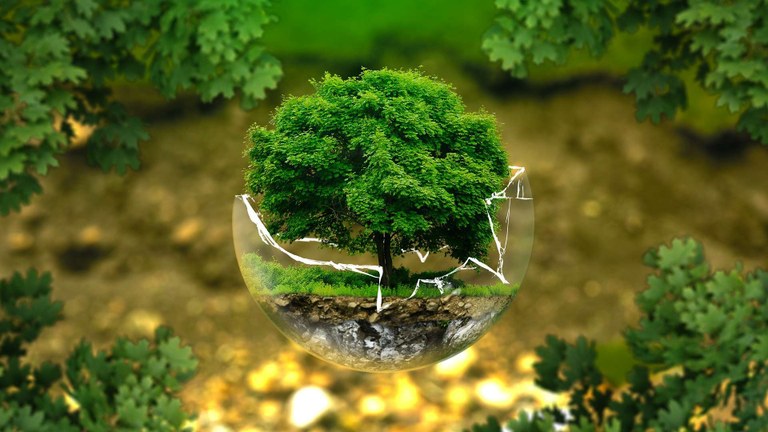Environmental and Sanitation Law: Its regards to the collectives of laws, regulations, agreements and common law that governs how humans interact with their environment. … Laws may regulate pollution, the use of natural resources, forest protection, mineral harvesting and animal and fish populations, Environmental sanitation are relatively new in Nigerian history.
The first environmental and sanitation laws focused on nuisance. When one person’s use of their property interferes with another person’s use of their own property, courts can step in to stop the nuisance. Nuisance laws largely developed through common law decisions in the courts. The laws protect a property owner from having another person or corporation infringe on their right to enjoy their own property.
Early environmental laws didn’t focus on protecting the environment as a whole. They also didn’t give standing for a person to sue a polluter if they weren’t personally harmed by the other person’s actions.
Environmental laws cover a wide range of topics including the following:
Air Quality – Air quality laws protect the air from pollution and may include measures to protect the air from things like ozone depletion.
Water Quality – Environmental laws may protect water from pollution. They may also determine who can use water and how to handle potential problems like treating waste water and managing surface run off.
Waste Management – Municipal waste, hazardous substances and nuclear waste all fall in the category of waste management.
Contaminant Cleanup – Not all environmental law focuses on preventing pollution. Contaminant cleanup deals with addressing pollution after it happens. Laws may include protocols for cleanup as well as civil and criminal punishment for polluters.
Chemical Safety – Chemical safety regulations manage things like pesticide use and chemicals in products like plastic bottles.
Hunting and fishing – Environmental laws may regulate and protect wildlife populations. Lawmakers determine who can hunt and fish and how these activities are regulated.
A great deal of environmental law enforcement takes place through administrative law. The environmental sanitation might investigate a violation and bring an administrative action to their own officials, and they represent the people and corporations who are accused of violating rules. Those who are found responsible for violating the rules may be Penalize. Most violations are a civil offense, but there are also criminal penalties for serious offenders.
Environmental regulation is a topic of international discussion and debate. International governments grapple with how to effectively regulate pollution and use of natural resources on an international scale. As environmental regulations can be a hot-button topic among local, state and national level, environmental regulations and the use of natural resources are controversial issues between governments.
Environmental sanitary law grapple with whether and how lawmakers should regulate the environment. When those decisions are made, it helps their clients implement regulations in the best ways possible.
Under the supervision of environmental sanitation and also in collaboration with the government agencies also provide a critical public service in creating, enforcing and challenging environmental laws and regulations throughout the county.
ABDUL


